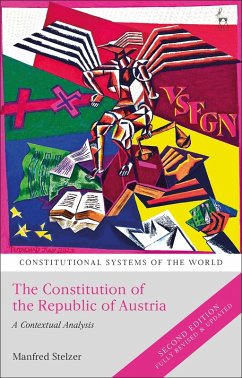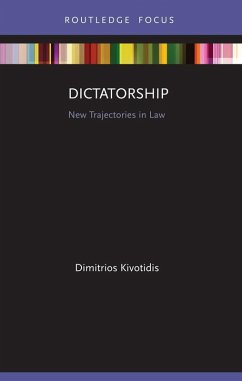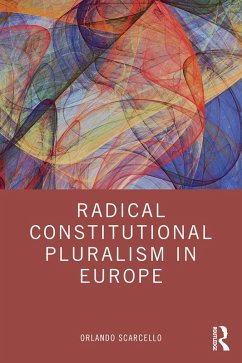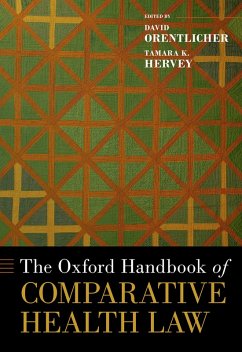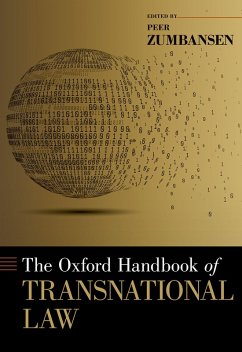
The Law of Loyalty (eBook, ePUB)
Versandkostenfrei!
Sofort per Download lieferbar
67,95 €
inkl. MwSt.
Weitere Ausgaben:

PAYBACK Punkte
34 °P sammeln!
The Law of Loyalty is a study of the principles governing the use of legal powers that are held for other-regarding ends. It addresses both public law and private law, and examines both the common law and the civil law. It aims to provide a theory of how Western law regulates the situations in which we hold legal powers, not for ourselves, but for and on behalf of others. It does this by elucidating the justificatory principles that are attracted in those situations. These principles include that other-regarding powers can only properly be used for the purposes for which they were granted; tha...
The Law of Loyalty is a study of the principles governing the use of legal powers that are held for other-regarding ends. It addresses both public law and private law, and examines both the common law and the civil law. It aims to provide a theory of how Western law regulates the situations in which we hold legal powers, not for ourselves, but for and on behalf of others. It does this by elucidating the justificatory principles that are attracted in those situations. These principles include that other-regarding powers can only properly be used for the purposes for which they were granted; that they should not be used when the holder is in a conflict of self-interest and duty, or a conflict of duty and duty; and that the holder is presumptively accountable for any profits extracted from the other-regarding role. These principles stand behind the detailed legal rules that govern these relationships in multiple legal systems and in multiple public and private settings. In private law this includes the powers of trustees, corporate directors, agents and mandataries; in public law it includes all powers held for public purposes, whether they be held by the Prime Minister, by a police officer, or by a judge.
Dieser Download kann aus rechtlichen Gründen nur mit Rechnungsadresse in A, B, BG, CY, CZ, D, DK, EW, E, FIN, F, GR, HR, H, IRL, I, LT, L, LR, M, NL, PL, P, R, S, SLO, SK ausgeliefert werden.





